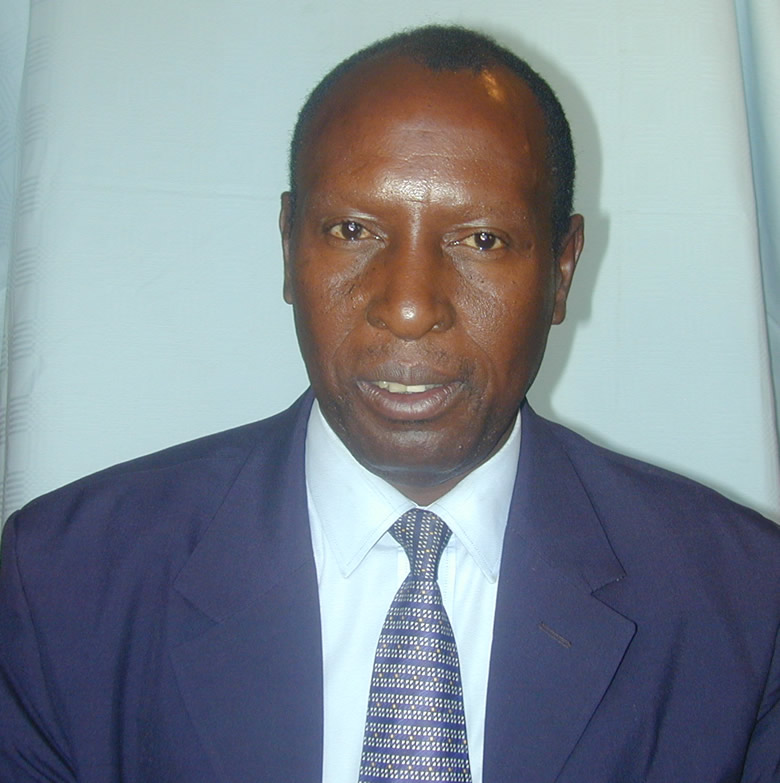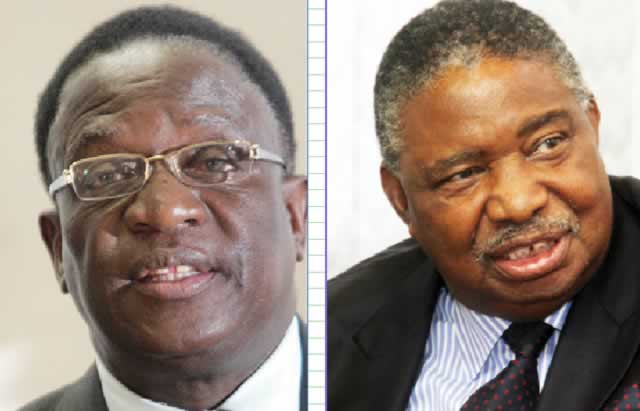Editorial Comment: Ethanol producer exposed

The shortage of petrol in the days leading to Christmas may have inadvertently armed opponents of compulsory fuel blending introduced by the government a few years ago.
Green Fuel, mandated to provide ethanol, a key ingredient in the blending process, failed to provide the sugar cane derived alcohol. This left fuel providers with huge stocks of unblended petrol which they could not sell as it illegal to trade in unblended fuel.
Diesel, which is not blended, was in plenty supply.
Only the timely intervention by the government, through the Minister of Energy and Power Development, Dr Samuel Undenge, saved the day for thousands of motorists who would have been otherwise stranded.
The minister directed that blending levels be reduced from the gazetted 15 percent to 5 percent.
Since the removal of the National Oil Company of Zimbabwe monopoly in the importation of fuel and the liberalisation of the economy, the country has not experienced fuel shortages.
The short-lived fuel shortage at Christmas exposed the shortcomings that may be caused by monopolies. With Green Fuel being the only company licensed to produce ethanol for blending purposes, the company might be becoming lax.
According to Minister Undenge, the reason why there was a shortage of ethanol was that cane fields in Chisumbanje are waterlogged due to heavy rains and sugar cane cannot be harvested for processing into ethanol.
It is true Zimbabwe is the midst of a rainy season but the proffered reason is not convincing or it shows lack of planning on the part of the company.
Zimbabwe always has rains between October and May. Surely as an agro-business, Green Fuel is aware of this and should have made contingency measures to ensure it has enough cane stocks to distill into ethanol in case of a prolonged wet spell.
Is the company also telling the country that it does not have enough storage capacity to cover the country in case of a major disaster? If a $600 million company cannot plan for disruptions caused by rains whose pattern is known, what more in the case of a major unforeseen catastrophe?
The government introduced fuel blending to save the country of millions of dollars by reducing the fuel import bill. Every month, millions are spent on fuel imports.
Blending has the potential to cut the fuel import bill by as much as 15 percent. It also empowers locals as indigenous farmers are contracted to grow sugar cane.
However, the decision to award a monopoly to Green Fuel might need to be revisited. The brief fuel shortage, averted only because the government thought outside the box, shows that while the company might save the country millions of dollars, it can also cost the economy millions.
The government needs to review the blending rations to levels the company can sustain. It might also be prudent to allow fuel companies, as an interim measure, to sell unblended fuel to fill the gap caused by ethanol scarcity.











Comments